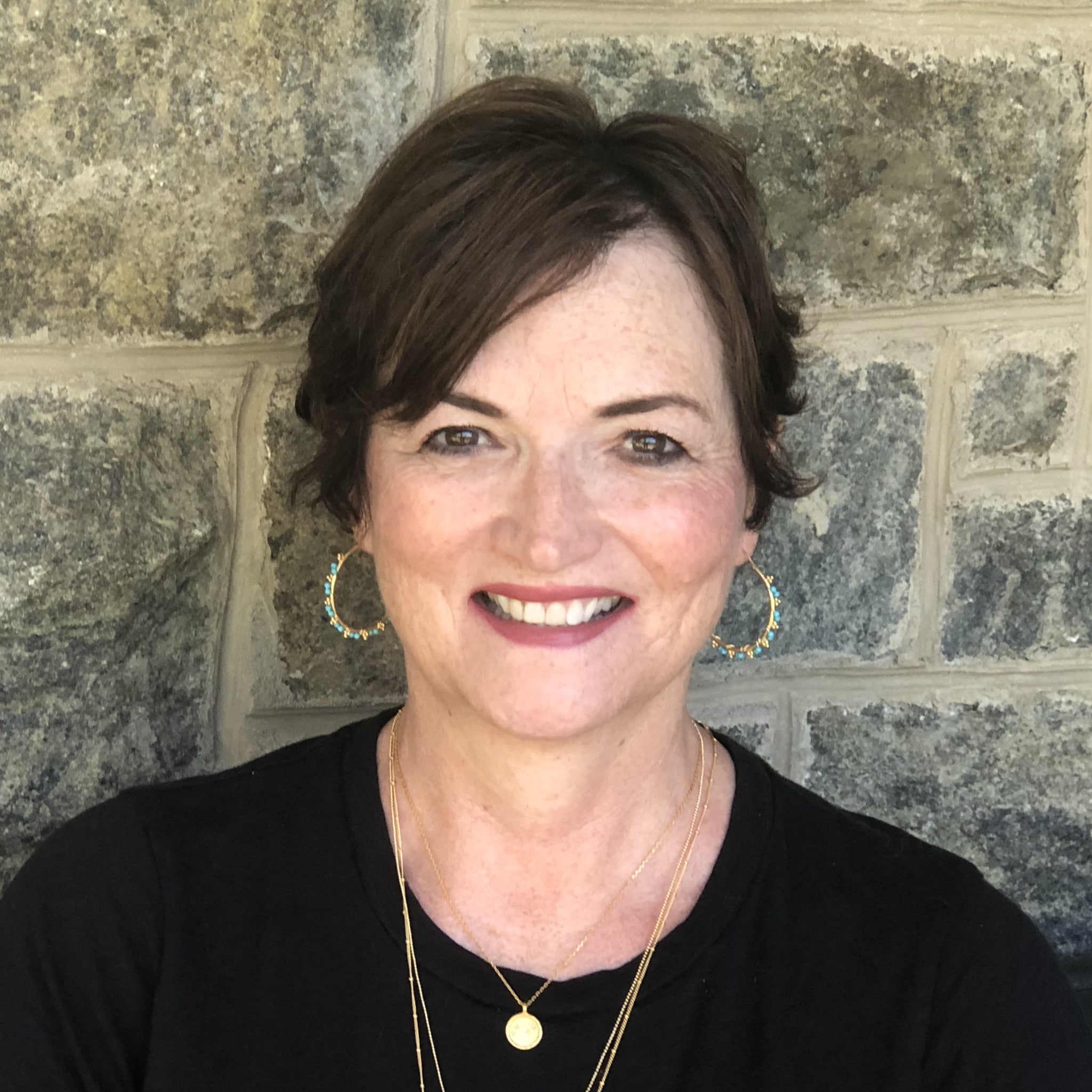
If you’ve lived through a traumatic childhood or domestic violence situation, you may not know what it feels like to feel jolly. Some of us feel a sense of dread the closer it gets to the holidays as the holidays approach. The trauma triggers are different for everyone, but we can all deal with them similarly.
It has been thirty-five years since I left an abusive relationship, and I still have nightmares. The holidays were the worst. I am not alone. Many people living in abuse and left their abusers still experience trauma triggers related to what happened during an abusive episode.
As an adult child of an alcoholic navigating my way through the world in a healthy relationship and a functional household today, I can still feel my shoulders tense as the holidays approach. No matter how much time has gone by, the holidays still present triggers for me. The turbulence and disorder that were all part of my past holiday seasons come flooding back unwillingly.
What Is a Trigger?
A trigger is any event or object that reminds you of, or subconsciously connects you to, an aspect of your abuse. Sometimes a smell or sound can trigger a past traumatic incident. Triggers cause you to behave in the same way you did during or immediately after a traumatic event. Your brain does not differentiate what happened then from what is going on around you now. So, you may act in a way that perhaps you don’t even understand. You may find yourself having sudden bouts of crying and not knowing why. You could become nauseous or tired. For me, triggers come first in nightmares.
If you have CPTSD, you may experience trauma triggers to greater degrees or more often than those without CPTSD.
How Do We Handle Triggers?
Recognize your behavior or physical symptom as the result of a trauma trigger. Perhaps it seems simplistic to say to yourself, “Something triggered me, and now I feel this way.” Your brain needs to hear it, and it would help remind your brain that where you are now is more important than where you were then. Do something that will make you feel more safe, calm, or confident.
1. Focus On Your Five Senses
Hearing and smell: Listen to your favorite music. I listen to smooth jazz, with my favorite candle smell filling the air.
Sight: Watch movies that make you feel good or laugh.
Touch and taste: Snuggle with a soft blanket and a cup of your favorite hot drink like hot chocolate and apple cider.
2. Give thanks to where you are right now in your life
Start at Thanksgiving. Sit for a minute with your thoughts. Look around and notice five things from your environment (think five senses; sights, sounds, textures, smells, or taste). Ground yourself into the here and now and think of three things to be grateful for.
3. Go back to your basics
Listen to positive affirmations—music, a daily meditation—anything to keep that tape of positivity playing in your head. Purchase a pocket-size affirmation book to always keep with you. I use a daily meditation for Adult Children of Alcoholics.
Listen to positive podcasts; there are so many now for learning, for laughing, or just for listening. Find a couple that you like, download some episodes, listen to them while driving your car or doing your errands, or just for an extra boost.
4. Goodbye to Guilt
Be realistic. The holiday will not be perfect. Learn to say no. Identify the people, places, and things that are healthy and useful in your life, and discard those that are not.
Choose which celebrations you attend. The holiday celebrations are a matter of choice, and you have permission to say no to protect yourself from inner turmoil.
5. Take a Walk in Nature
I always turn inward. I go for a walk even when it is cold out. Nature always calms me and makes me think of life and what matters to me. Studies have shown that nature reduces blood pressure, lowers cancer risk, and lifts people’s spirits.(2)
6. Buy Gifts for Others in Need
It always makes me appreciate what I do have, what I didn’t have as a child. My go-to is usually a domestic violence shelter, and I purchase items for a couple of families in need. Find a cause you are passionate about and gift it to them. It doesn’t have to be much. Giving always makes me feel better and appreciate what I do have.
Join the flow with holiday shoppers and when you are buying gifts, treat the wounded inner child in you to a treat.
7. Practice Self Care
Be Gentle with Yourself. Get enough sleep and exercise—practice Yoga. Learn how to breathe in and out and release the stuff that no longer works for you. I put a stickie note on my bathroom mirror that says: I am safe, I am strong, I am loved, and I live with peace.
8. Journal your thoughts and feelings
Keep a journal with you when feelings crop up, so you have somewhere to process them.
9. Meditation
Meditation not only changes the brain, but it changes our subjective perception and feelings as well. It offers emotional balance, increased focus, and reduced anxiety. *(1)
10. Start a New Tradition
It’s interesting to see what other countries do for the holidays. You may want to try one.
Resources:
- Meditation: In-depth. National Center for Complementary and Integrative Health. https://nccih.nih.gov/health/meditation/overview.htm. Accessed Jan. 5, 2017.
- “Nurtured by Nature” Psychological research is advancing our understanding of how time in nature can improve our mental health and sharpen our cognition https://www.apa.org/monitor/2020/04/nurtured-nature. Accessed Nov. 5, 2021.

Susan Frances Morris is the author of The Sensitive One, a memoir dealing with childhood trauma, abuse, health, and healing. She holds a bachelor’s degree in nursing and was a practicing nurse from 1989 to 2011, primarily in Women’s Health. She was raised in Springfield, Massachusetts, the second oldest of seven siblings with two sets of twins. http://susanfrancesmorris.com





Trauma from unchecked toxic abuse typically results in a helpless infant’s/toddler’s brain improperly developing. I consider it to be a form of brain damage. If allowed to continue for a prolonged period, it can act as a starting point into a life in which the brain uncontrollably releases potentially damaging levels of inflammation-promoting stress hormones and chemicals, even in non-stressful daily routines.
The lasting emotional/psychological pain from such trauma is very formidable yet invisibly confined to inside one’s head. It is solitarily suffered, unlike an openly visible physical disability or condition, which tends to elicit sympathy/empathy from others. It can make every day a mental ordeal, unless the turmoil is treated with some form of medicating, either prescribed or illicit.
I understand that my own brain uncontrollably releases potentially damaging levels of inflammatory stress hormones and chemicals, even in non-stressful daily routines. It’s like a discomforting anticipation of ‘the other shoe dropping’ and simultaneously being scared of how badly I will deal with the upsetting event, which usually never transpires. (Although I’ve not been personally affected by the addiction/overdose crisis, I have suffered enough unrelenting ACE-related hyper-anxiety to have known and enjoyed the euphoric release upon consuming alcohol and/or THC.)
Dear Frank, I read your comment and it is so eloquent the way you describe in such detail what this type of CPTSD feels like.
<> This part not only hits home, the fact that no one, not even trained therapists*, (*including those who claim to be versed in trauma) simply cannot comprehend this fully. Its not so much that loved ones, friends, clinicians are inadequate in caring… the inadequacy lies with being equipped with knowledge of this. It needs desperately to be taught to all caring professions in the classroom before licensing any helping professional. So its not that a person will not empathise with it. Its that unless you lived this, it is not fully comprehensible, especially the way the body and mind keep the score afterwards. The lasting physical para/sympathetic nervous system dysregulation etc etc.
I had what I at first few years of research was able to armchair diagnose my NPD parent. There was still a piece missing. I later discovered this parent was in fact a malignant one and its horrifying to wrap the mind around the possibility of even worse – a true sociopath of sorts. I will not o into detail here, because there is no need to have to prove how I came to discover this fact. One just discovers this along the way.
One enormous flag that woud be easy for a victim to identify is this: To be so terrified of cutting contact with this parent is one flag. I knew there was more to it. The recurring nightmares, the relentless phobias that affected daily life, getting places almost quite literally were affected. Add to this severe neglect and trauma , abuses in childhood – the lies to the therapist upon getting help as a younger adult, EVERYTHING was about maintaining that false image (on the part of the pathological person) of being anything but pathological – in an immoral way I mean. Just incredible.
Therefore, these panic attacks and phobias that developed slowly coincided with the contact with this individual. (Used to be a parent.)
This ‘person’ hardly seems human to me any longer. The contempt with which this individual speaks of the deceased (family) for example is another red flag.
All the aftermath symptoms of CPTSD really ought not be there in the first place. All with one common denominator, relational ongoing abuse by a sociopathic parent. Frankly I believe it was ALL due to the neglect abuse and soul murder of a sociopathic parent. And watching this person not only destroy all interfamilial relationships but to witness people slowly destroy themselves (2 of whom were closest to her physically, and in constant contact) is an utterly harrowing decades long trauma that feels impossible to work through. All thats left is the malignant sociopathic narcissist. Cheese stands alone so to speak. Whether this was done with criminal intent or not, either way I purport that criminal neglect took place at the very least. I know because I lived it yet got out somehow intact, and I was once attacked by said individual.
And to climb your way out of the fog of knowing whats happened is a profound life altering experience. I wish anyone that has every had to untangle from one of these deviants success, Godspeed. Truly. Thats not a platitude. I mean it.
Im trying to succeed everyday because I’m simply not giving up. I feel empowered by knowledge and the love of the small family I have helped sow. Thank you for writing, this is VERY real.
Thank you for this post. Those are the steps I use when triggered. I am also a CSA survivor and have written my memoir.
I have recently left my birth family. My mum for years used to talk really evilly about family and would really insult myself to my face, my dad behind his back even asking me if she should get a divorce I was fourteen or fifteen when she said this hardly a new adult yet and insulted my sister behind her back.
When I was younger I grew up with a known learning disability from birth my life was centred around receiving presents not presence to be precise. I had many hospital appointments and care needs growing up my mum wanted to just go about her day after each appointment not acknowledging how I felt about said appointments. When I was making appointments my parents hated bringing me I had nobody else I could trust in the family to ask even my sister, aunts, uncles or cousins.
It was always a bother when my condition would flare up I would have to call the hospital myself, nurse myself and support myself I was not allowed to let any support in. Last year was the last straw Christmas day was a fight I had a friend to stay for a second Christmas and my family hated her because they did not like seeing me having any close friends. They thought because I did what I wanted that I had been brainwashed by said friend but that was not the case. All I wanted was a calm and reasonable Christmas that year I was mentally abused through text message my mum looked up on the internet and said that she was looking my friends up on the internet.
I left for a better life but I struggle with my health and need to ask friends from time to time to help me as I have no family now very recent because they think I am not right in the head. I am blamed for leaving because people do not understand what I have put up with for decades. I still say the word mum at night before I fall asleep because I am trauma bonded to her I cannot shake any bonds between family because I feel I was there too long. My friends say I do not have PTSD but I am throwing myself into distraction after distraction so that I forget.
I had almost six sessions with a private therapist I am in Scotland by the way sadly I had to leave because of financial constraint.
It gets worse I borrowed money from dad and my mum only sees a way to make a profit with further disruption to my independence when she visited my last house she said I am here to visit my investment. I was only an investment to her not a person she also blamed me for getting her into gambling and losing almost £10k on a gambling site. My dad wanted to lend me money to be independent. Now I have a twenty year mortgage which I hope to pay in less I am thirty four years old. I feel lucky to have some independence back but it is very difficult and a lot of complicated math.
I am extremely lucky to have a roof over my head and a chance at the life I want but the truth is I do not know what that looks like right now it is very based around trying to continue to make a difference in people with learning disabilities life.